
Doing Good with Dr. Fessler
By Lara Drasin What makes someone want to “do good?”…
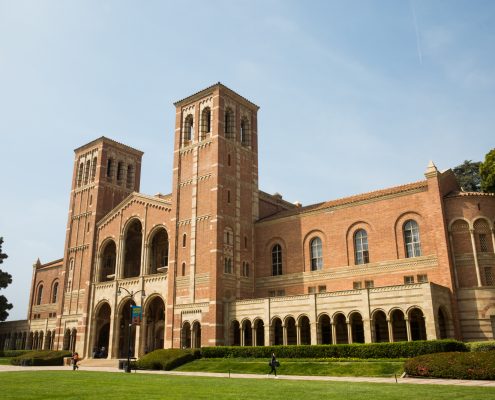
$20 Million Gift Establishes the UCLA Bedari Kindness Institute in the Division of Social Sciences
The Bedari Foundation, established by philanthropists Jennifer…

By All MEANS Necessary – New UCLA Report on Hollywood Diversity and Inclusion Practices
September 18, 2019
Diversity initiatives have become their…
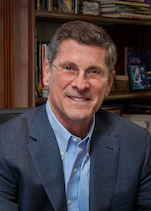
Why Is Physical Education a Student’s Most Important Subject?
Since 2015, TEDxUCLA has provided a platform for innovative…

Chancellor’s Award for Community-Engaged Scholars
Six new UCLA ladder faculty members were presented with the inaugural…
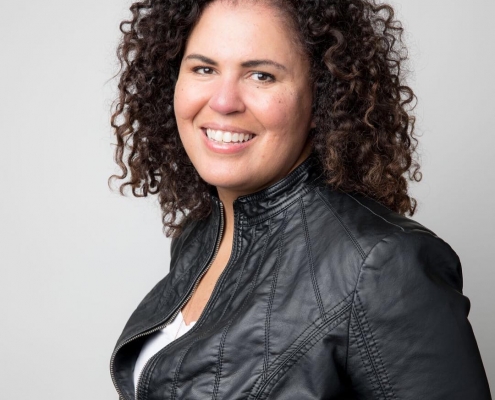
Creating an Equitable Workplace for Women
The New York Times recently hosted the New Rules Summit which…
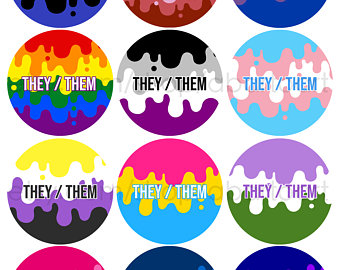
A New Perspective on Gender Neutrality…Continued
UCLA professors Abigail C. Saguy and Juliet A. Williams recently…
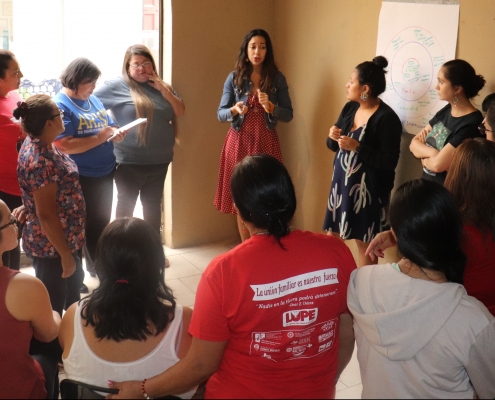
Latinx Organizations Convene in Border Town to Talk Immigration and Criminal Justice Reform
By UCLA Latino Policy & Politics Initiative (LPPI) In…
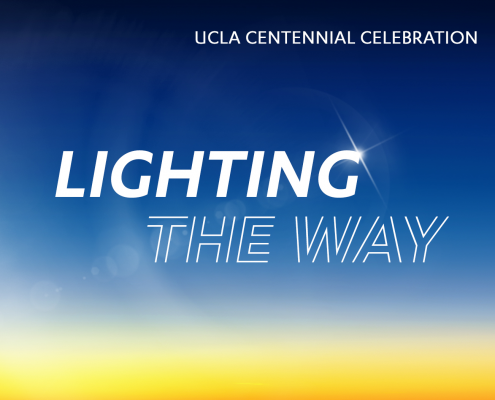
Do You Need an Expert in the Social Sciences? Find One at UCLA Through Our New Search Tool
The LA Social Science e-forum is kicking off the summer by…
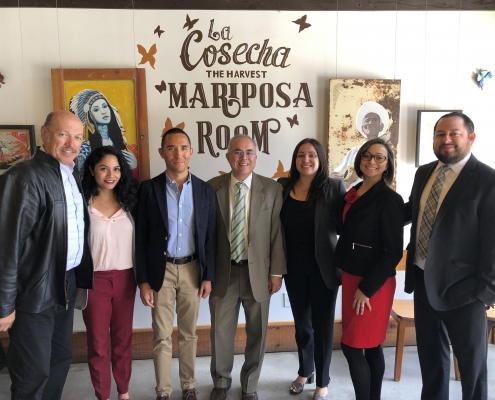
Informing Policy in Real Time: UCLA LPPI in Sacramento
By Celina Avalos and Sonja Diaz On May 20, 2019, the UCLA…

